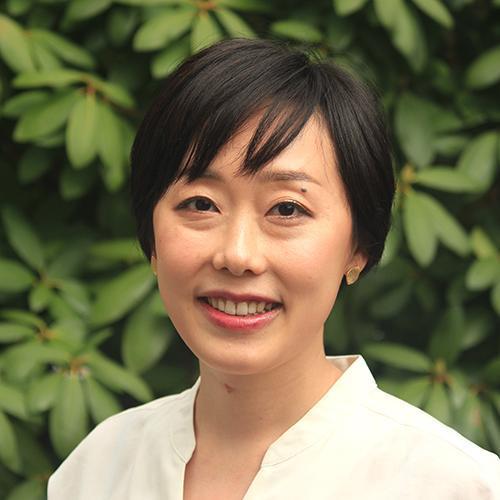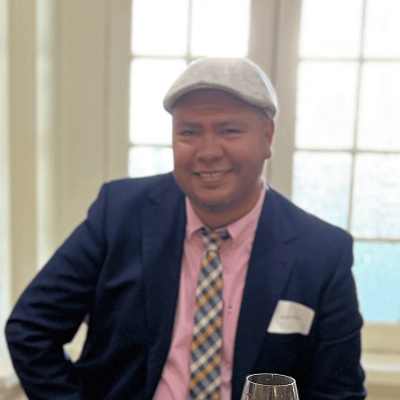Spring 2024 Perspectives Faculty Updates
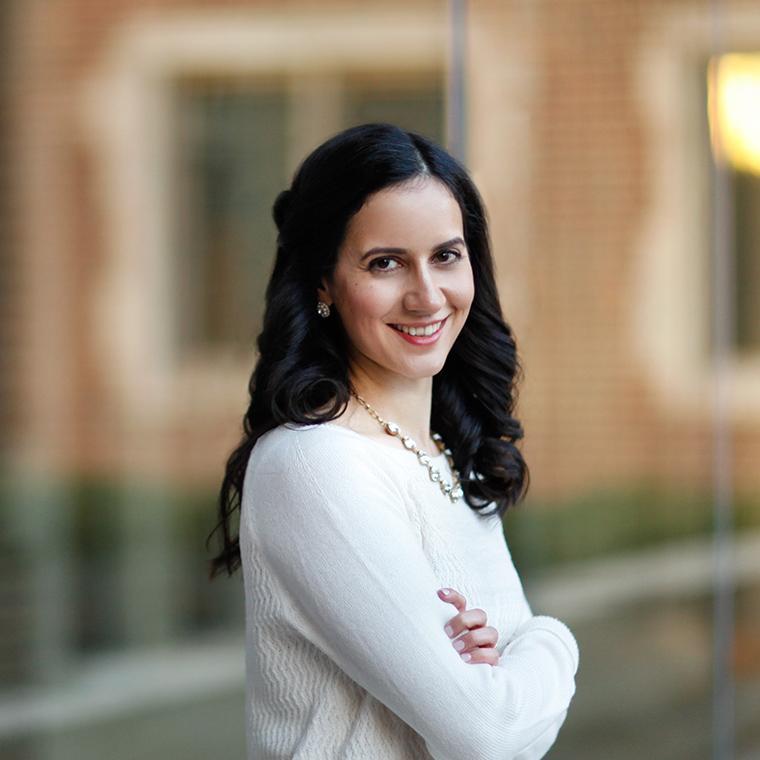
Cathleen Chopra-McGowan
Cathleen Chopra-McGowan traveled to Los Angeles to film for the History Channel’s upcoming series, Holy Marvels. Cathleen served as one of the experts for the show’s discussion of various legends surrounding the Copper Scroll, King Solomon’s mines, and the crucifixion relics. The show will begin airing in a few months!
Also, a report for which Chopra-McGowan served as co-author and faculty advisor along with Ryan Anderson and Veronica Miranda and senior students from the SCU Anthropology Department (including our own RS Major and student worker Grace Urbinato) recently came out, titled "Child Care Needs, Facilities, and Access at Santa Clara University." Students in the ANTH 112 methods class worked on a project about child care resources at SCU. As part of the project, the students conducted a survey and interviewed faculty and staff members, and then developed a full report under the supervision of the three faculty advisors. We are hoping the report will generate significant changes and updates on campus to make it more accessible for parents with young children and babies. Thanks to the report by Elyse Raby, and the changes (pun!) brought about in Kenna Hall with the installation of changing tables in the ground floor restrooms, we know that this is possible!
Chopra-McGowan also gave a presentation on "The Census and the Plague: Divine Provocation in 2 Samuel 24" at the Brown Bag Speaker Series in the Humanities. Her talk examined the character of God in the biblical book of Samuel and how King David's decision to conduct a census provoked divine wrath. See events section of this newsletter for more on this story.
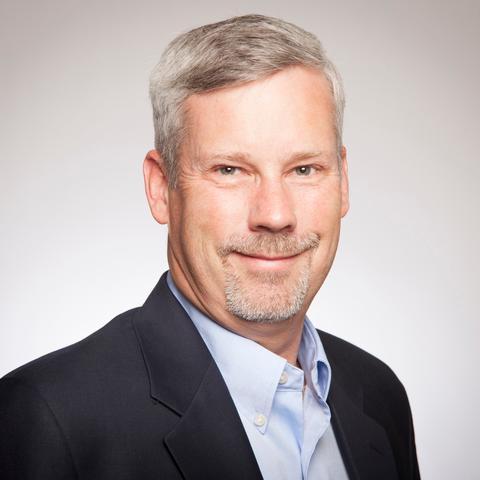
Jim Bennett
Jim Bennett published a blog post in the Center for Arts and Humanities Series “The Power of Humanities” entitled “Finding Humanity in ‘Cults.”

Bryson White
Bryson White coordinated an event that brought journalist and author Mark Arax to campus for a conversation and presentation on February 28. "Big Ag and Big Tech in California: A Tale of Two Valleys Where Innovation, Inequality and Plunder Meet." It was followed by a Q&A event where Mark discussed his path to becoming a journalist/author/public historian.
Also, on April 11, White was inducted into the Martin Luther King Collegium of Scholars at Morehouse University. Collegium inductees are individuals who have "demonstrated and are evolving toward great achievement in their chosen vocation; have a profound commitment to their community and society, the planet and the cosmos; and are living their lives according to a high standard of cosmopolitan ethical principles."
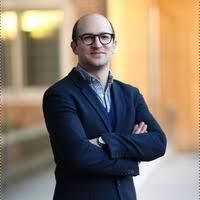
Daniel Morgan
On February 29, Daniel Morgan delivered a talk based on his current book project at The Institute for South Asia Studies at UC Berkeley. The paper was entitled, "Of Paper and Pineapples: Sufi Letters and Intellectual History in Eighteenth Century India". Abstract: Letters play a central role in histories of early-modern Islamic reform in South Asia. Without the Maktūbāt of Shaykh Aḥmad Sirhindī or the so-called “political letters” of Shah Wali Allah Dihlawi, our understanding of reformist thought in this period would be quite different. And yet, there has been remarkably little scholarship that considers the letters in themselves, as letters – not as abstract statements of religious or political ideology but, rather, as exchanges between two individuals at particular moments and for particular purposes. This inattention to genre and form has resulted in understandings of reform that are shorn of any contextual specificity beyond timeworn stories of Mughal decadence and decline. The paper considers the letter-writing practices of two major Delhi Naqshbandīs, Shāh Walī Allāh and Mirzā Jān-i Jānān, to attempt a rather different story of Islamic reform. It argues that close attention to fragmentary evidence found in letters allows us to view reform not merely as the movement of dematerialized ideas through disembodied networks but rather as a set of practices rooted in very specific social, intellectual and material contexts.
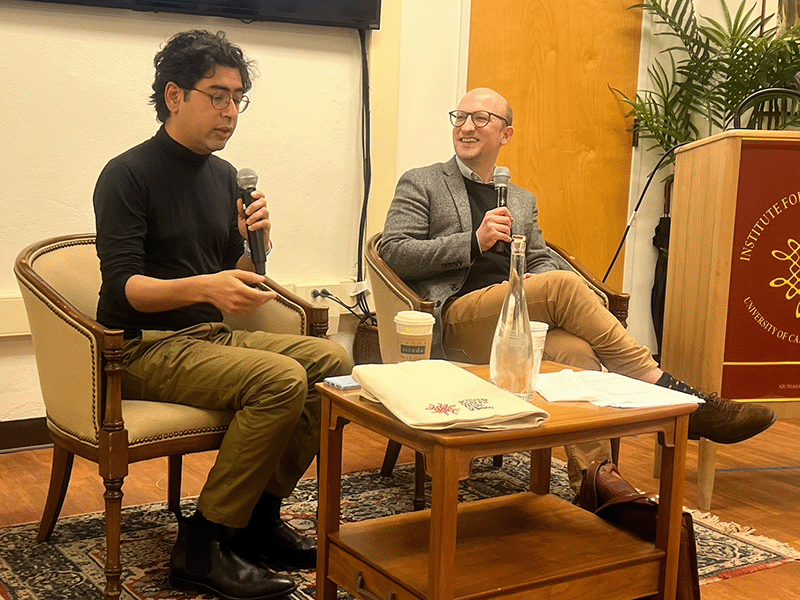 Daniel Morgan speaking with Professor Abhishek Kaicker at UC Berkeley's The Institute for South Asia Studies.
Daniel Morgan speaking with Professor Abhishek Kaicker at UC Berkeley's The Institute for South Asia Studies.
Morgan also visited Yale to participate in a conference held to honor the great (and now-retiring) historian of Mughal India, Muzaffar Alam (the conference was titled “Muzaffar Alam & The New Mughal Historiography”). Daniel’s paper, entitled “The Rohillas, the Sufi Shaikhs and the Formation of Najīb al‑Dawla’s Dispensation” uses completely unstudied Persian-language correspondence from the 1750s-1770s to understand the dynamics of religious leadership at a time when the Mughal Empire was visibly fragmenting. It shows how the major Naqshbandi Sufis of Delhi, including those who were personally close to the Mughal Emperors, navigated this treacherous period by engaging with various Afghan rulers who were then forming new principalities in the former imperial heartlands
Eric Haynie
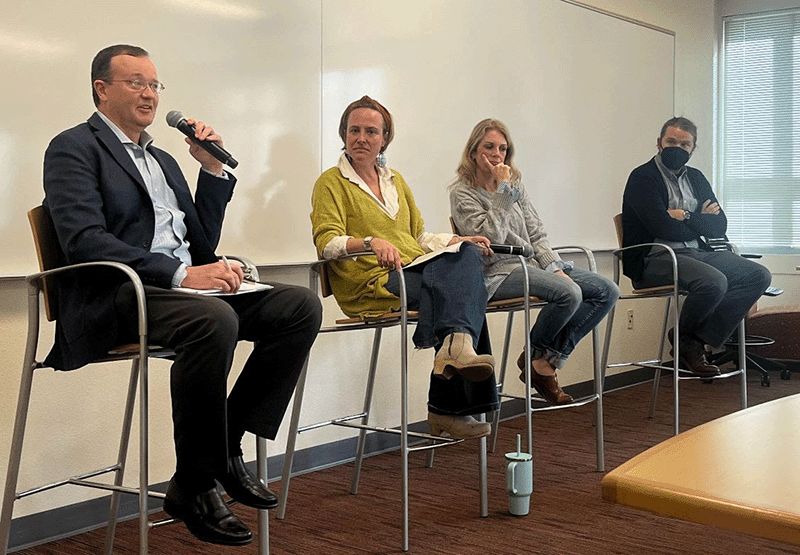 Brian Green (Markkula Center), Amy Lueck (English), Meg Gudgeirsson (History), and Eric Haynie (Religious Studies)
Brian Green (Markkula Center), Amy Lueck (English), Meg Gudgeirsson (History), and Eric Haynie (Religious Studies)
Eric Haynie was a panelist in the February 6 presentation, Generative AI on Campus: Threat or Powerful Resource? ChatGPT has taken the academic world by storm since its release in 2022, with the SCU community being no exception. Thrown into the deep end of uncharted technology with ethical implications, SCU faculty and students alike face challenges on how to interact with or incorporate generative AI in the curricula. Over the past 15 months, the Ethics Center has leapt at the opportunity to help the SCU community understand the ethical considerations and provide resources to approach this evolution in a principled manner.
Karen Peterson-Iyer
 Karen Peterson-Iyer, Chris Tirres, and Julie Hanlon Rubio
Karen Peterson-Iyer, Chris Tirres, and Julie Hanlon Rubio
Three SCU faculty who teach in the area of Religious Studies and Theology participated in the annual meeting of the Society of Christian Ethics, held in Chicago in January. Karen Peterson-Iyer (Religious Studies) presented a paper addressing "Formation and Malformation in Christian Ethics" and she also participated in a "Conversation with Author" Session for her new book Revisioning Sexual Ethics: A Feminist Christian Account (Georgetown). Julie Hanlon Rubio (JST) convened a session on "Researching Everyday Ethics"; and Chris Tirres (Religious Studies) presented a chapter from his forthcoming book Liberating Spiritualities: Reimagining Faith in the Américas (Fordham).
Peterson-Iyer participated on April 18 More than Consent panel on relationship and dating ethics moderated by Hackworth Fellow/RS Major, Blaise Burbank. Also she was on the panel of Too Bot to Handle hosted by Hackworth Fellow/RS Major, Laura Clark.
On May 21, the RS Department and STOP-HT (Santa Clara University Teaching, Outreach, and Programs Against Human Trafficking) sponsored anti-trafficking advocate Ummra Hang as a guest speaker on campus. Ms. Hang met with Prof. Karen Peterson-Iyer's TESP 108 ("Human Trafficking and Christian Ethics") students plus additional students and faculty from around SCU. She delivered a presentation entitled "Centering Leadership, Voice, and Inclusion of Those with Lived Experiences of Exploitation." Hang, a second-generation Cambodian American, is a subject matter expert about human trafficking and is herself a survivor of domestic sex trafficking. She is now a consultant to governmental, nonprofit, and educational organizations as well as a leader in the Bay Area anti-trafficking movement. The conversation was both moving and lively, and KPI is grateful to the RS department for supporting it!
Elyse Raby
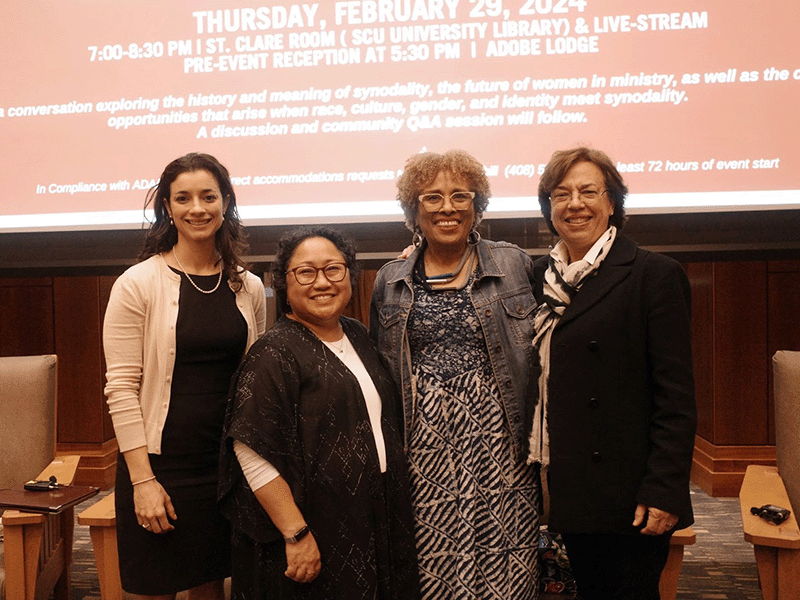 Women Speak on the Synod panelists Dr. Elyse Raby (SCU), Dr. Rachel Bundang (SCU), Dr. C. Vanessa White (Catholic Theological Union, Chicago), Dr. Elsie Miranda (Association of Theological Schools)
Women Speak on the Synod panelists Dr. Elyse Raby (SCU), Dr. Rachel Bundang (SCU), Dr. C. Vanessa White (Catholic Theological Union, Chicago), Dr. Elsie Miranda (Association of Theological Schools)
On Thursday, February 29, the Markey Center for Leadership and Ministry—a program of the Graduate Program in Pastoral Ministries (GPPM)—held an event entitled "Women Speak on the Synod: A Conversation about Ministry, History, Culture, and Practice." The event gathered four outstanding scholars to discuss the "synodal" process (a process of collective discernment and decision-making) that is currently happening in the Roman Catholic Church from the standpoint of race, gender, culture, and ministry. While expressing appreciation for the opportunity for synodal discernment and hope about where the Synod may lead, each presenter also raised questions and concerns about whose voices have been included and excluded, recognizing that Catholics "mileage may vary" with respect to a process that is intended to be open to every voice. In addition to in-person attendees, over 150 people attended virtually from their homes and "watch parties" across the regions in which the GPPM offers programs (Santa Cruz, Monterey, Seattle, Sacramento, and beyond). Watch the video recording.
.
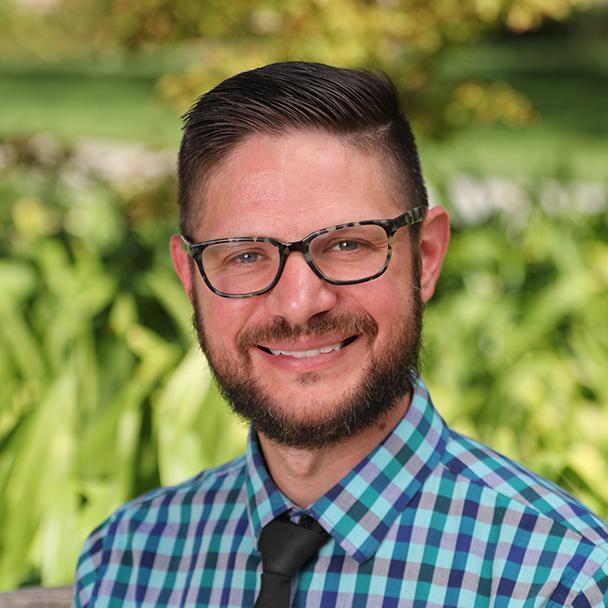
Eugene Schlesinger
On April 26, Gene Schlesinger testified at a hearing of the Episcopal Church's Legislative Committee 14, as part of his work on the Standing Commission on Ecumenical and Interreligious Relations. This is part of the legislative process for resolutions being brought to the General Convention, which will be held this summer. In this instance, he testified on behalf of a proposal to enact a full communion agreement with the Evangelisch-Lutherisch Kirche in Bayern (Bavarian Lutherans). The resolution commending this proposal is the main legislation that he has worked on as part of the standing commission, and his testimony focused on matters of episcopal succession.
Last summer saw the publication of Schlesinger’s book, Salvation in Henri de Lubac: Divine Grace, Human Nature, and the Mystery of the Cross, which was dedicated to the memory of our late, beloved colleague, Paul Crowley. The book has received positive reviews from Thomas Rausch (Theological Studies) and Jeremy Worthen (Theology). And, last Spring, his book Ruptured Bodies: A Theology of the Church Divided was published just in time to be available for purchase at the Catholic Theological Society of America's Annual Convention in Baltimore.
Roberto Mata and Jaime Wright
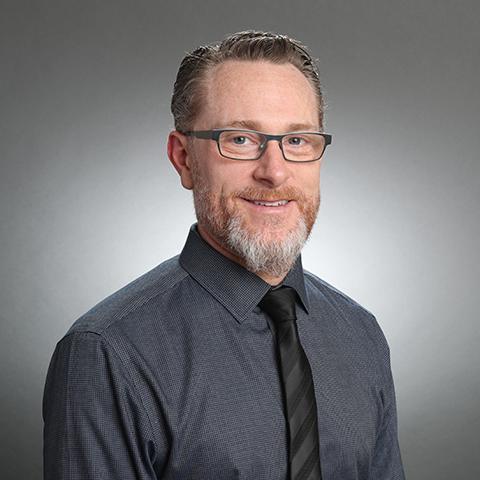
Roberto Mata and Jaime Wright were recently awarded a Bannan Forum Grant for their project "Statelessness and Religion: Migrants, Refugees, Exiles, and Catholic Social Teaching." Statelessness is a growing problem in our world from Palestinians in Gaza living as prisoners in their own land to Rohingya refugees living in one of the largest refugee camps in the world in Bangladesh. Beyond those without full citizenship, there are all those who experience reduced rights as undocumented migrants (functional "statelessness"). According to Article 15 of the Universal Declaration of Human Rights, every human being has the right to nationality (aka citizenship), and no one shall be arbitrarily deprived of this. Catholic Social Teaching and other biblical traditions centering social justice, particularly the preferential option for the poor, also contribute to our understanding of human dignity and problematize colonial discourses of the “stateless other.” As part of the Living Religion Collaborative’s goal to recognize how religions reflect social structures and inequities as well as respond to them, Mata and Wright are developing an upper-level course that explores how various marginalized groups embody and negotiate a condition of statelessness or illegality and to what extent religions, religious identities, and faith-based organizations are shaped by and seek to address this social phenomenon.
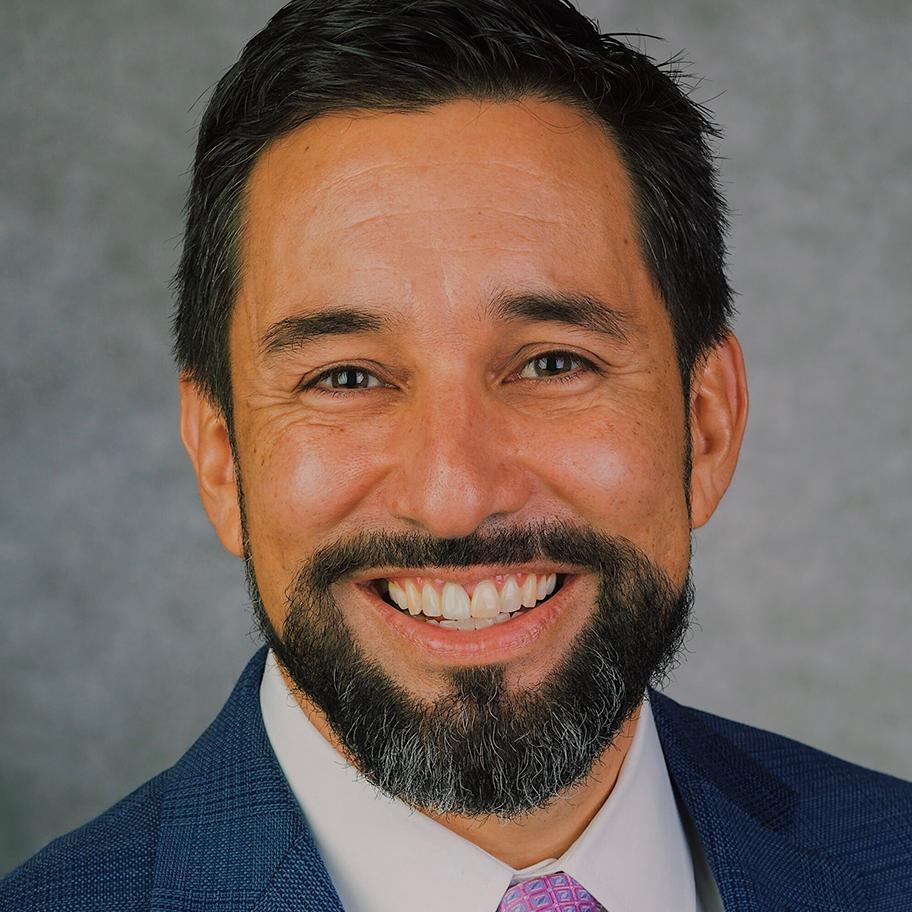
Chris Tirres
Chris Tirres is delighted to have accepted a permanent position at SCU as the Michael J. Buckley Endowed Chair starting Fall 2024. "I'm honored to be part of such a dynamic and thoughtful department," he says. "The faculty and students in RS are a truly outstanding bunch."
Tirres completed two books this past spring: Liberating Spiritualities: Re-imagining Faith in the Américas (Fordham University Press, forthcoming in Nov 2024) and the co-edited volume Religion in the Américas: Trans-hemispheric and Trans-cultural Approaches (University of New Mexico Press, forthcoming Spring 2025). He also completed a chapter entitled "Religion, Habit, and Custom: Re-imagining Dewey for the 21st Century," which will be published soon in the Cambridge Centennial Handbook of John Dewey’s Human Nature and Conduct.
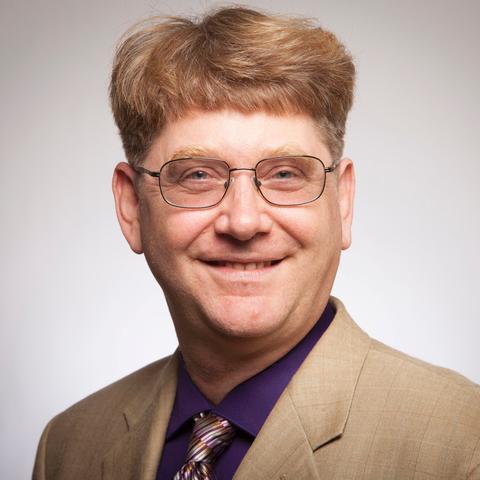
David Gray
David Gray had a busy year, teaching his Asian Religions classes and also serving as the chair of the University Coordinating Committee. His most recent book, The Buddhist Tantras: A Guide (Oxford University Press, 2023) was released in October, and he has continued his work on a major translation project focusing on body mandala contemplative practices in Tibetan Buddhism.
